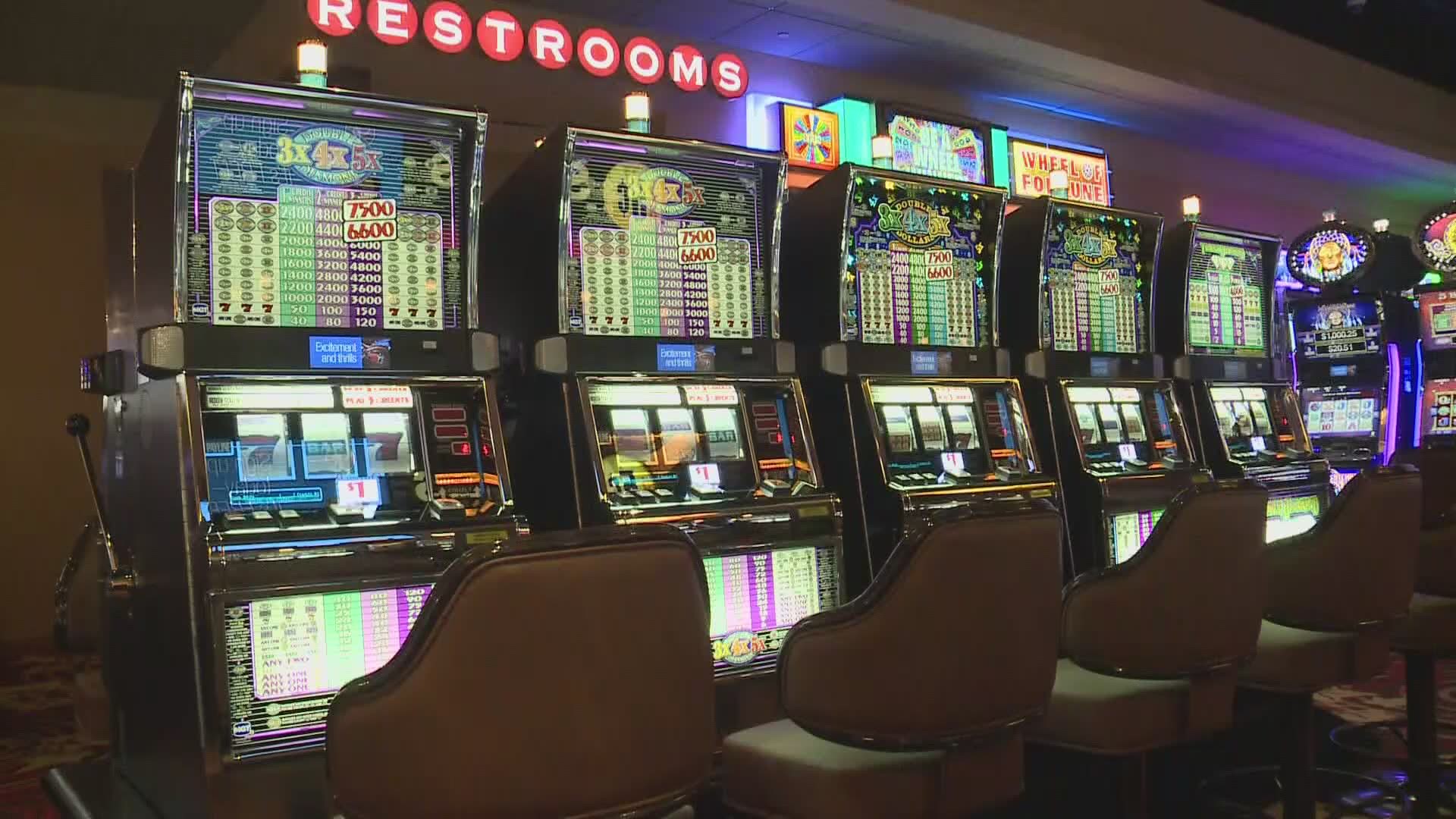AUGUSTA, Maine — Maine’s four Native American tribes are trying once again to get permission to build a gambling casino. Even though there are two commercial casinos already operating in Maine, Legislators and voters in the past have defeated efforts to open a tribal casino.
Maine tribal leaders point out that 30 other states do allow tribal casinos to operate on tribal land, because of a federal law that lets them do it. But that law doesn’t apply to Maine because of the 1980 federal Maine Indian Land Claim settlement, which basically requires a casino to be approved under state law.
To change that, the Maine tribes are asking the Legislature to amend the settlement Act, and give them the same rights all those other tribes around the country have in regard to casinos on tribal land.
“It is about the right of the tribes in Maine to act like other federally recognized tribes because we are a federally recognized tribe,” said Maulian Dana, Penobscot Tribal Ambassador to state government. “We did not sign away our status when we signed the 1980 land claims act.”
The chiefs of the Penobscot and Maliseet tribes back that up, saying the central issue is for them to be treated fairly and put on the same level as all the other tribes, with the same rights.
“There is no more glaring example of inequity than what has occurred with our gambling rights being taken away and never returned,” said Kirk Francis, Chief of the Penobscots.
“It's time for the state and the tribes to truly roll our sleeves up, find solutions, establish equity and fairness for the tribes in Maine, and find a mutually beneficial situation.”
Spokesmen for the two commercial casinos, Hollywood Slots and Oxford Casino, both spoke against the bill, citing the significant loss in revenue during the pandemic, and saying any new competition would further harm their business.
“Expansion of gaming in a saturated market will hurt existing facilities, lose jobs and stagnate existing development,” said Dan Walker of Oxford Casino.
Committee members raised concerns about the impact of a tribal casino on Maine agricultural fairs and harness racing, which are supposed to benefit from existing casinos, and about the other state programs that benefit from the “cascade,” the portion of the profits casino operators are required to share with state government.
Rep. Benjamin Collings, the sponsor of the bill, said those are all issues that would be worked out in negotiations once a specific casino is actually proposed.
“Which means they don’t just go and do what they want, they need to make a compact with the state. Negotiate with the state,” he said.
Others questioned whether the tribes would also need to ask Maine people to vote on a new tribal casino, as is required of current proposals under state law. That, and many other issues, will need to be considered by the Committee as it weighs the bill, and decides if it is ready to give the Maine tribes more control and autonomy.

